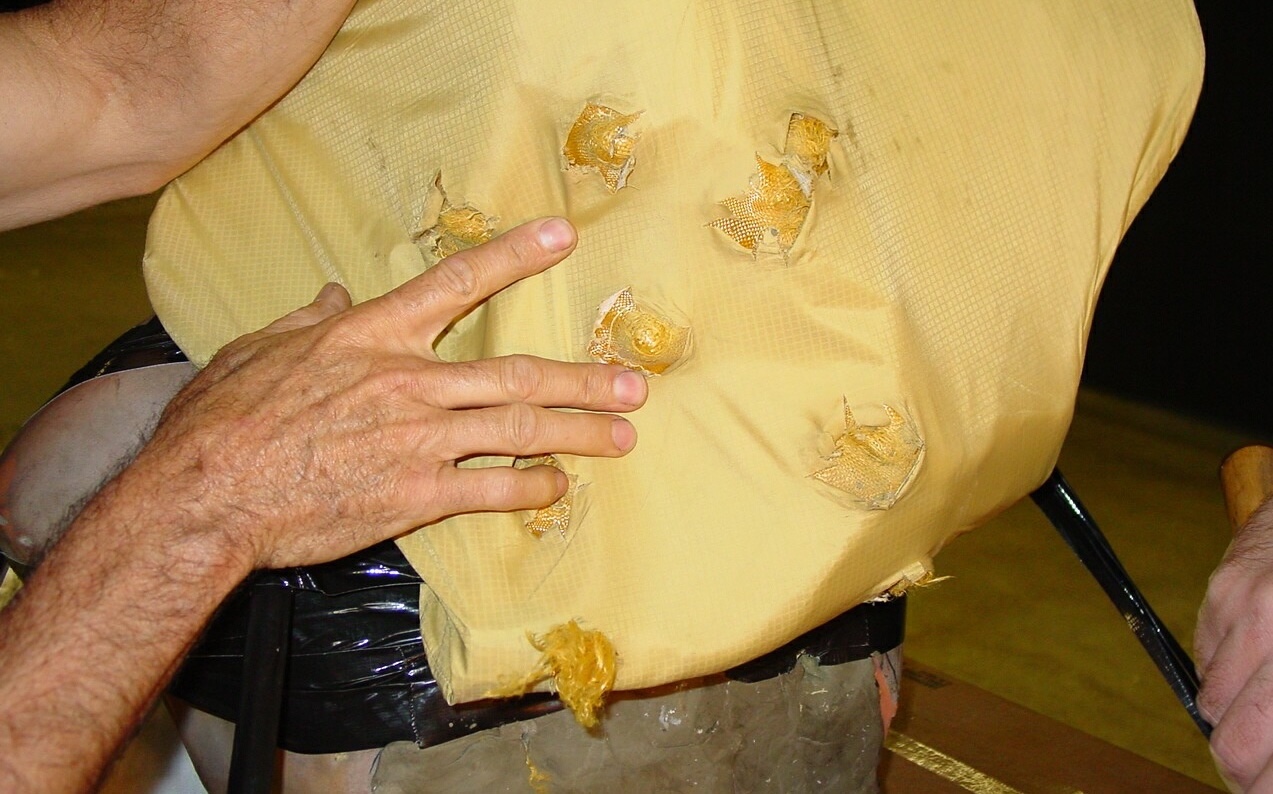
vantage-cop-final
In this day and age where so much information is instantaneously lobbed onto the internet, it’s no wonder the spin doctors have a hard time keeping up. We even have cell providers boasting their speeds, whether 3G, 4G or OMG are so much better than the other guy — who’s so four seconds ago. And we’ve covered the whole social media thing here in our pages (“Facebook, Twitter And Blogs — Oh My!” Sept/Oct 2011). We’ve warned of the things you should consider before hitting the “send” key because it might land you in hot water with your agency. Social media is a very sharp, double-edged sword and there’s even more to consider when using it than what could happen to you or your agency.
Think of the other guy — the person whose scene you’re at — and then firmly plant yourself in his shoes. Imagine you’re the one who’s just lost the love of your life through something horrific, violent or tragic. Your sense of loss is monumental and you immediately realize you never got to say “I love you” one more time; you didn’t get to say goodbye; you had a mountain of unfinished business and living to do with each other yet. You’re doing your best to cope with everything racing through your mind: What do I do next? How do I tell the kids? How do I tell others in the family? And there are a million other questions and things to worry about — you struggle just to breathe.
To further your anguish, your loved one is still laying there beneath a blanket in your presence, emergency crews are still on scene and you get a call from a family member who’s just learned of the death … from Facebook of all places. What’s already an unimaginable tragedy now becomes an even bigger nightmare. It turns out some clown disguised as a uniformed emergency responder recognized your loved one as someone his children might know. So, he takes it upon himself to call, text or whatever, his children to ask about it.
They know this person and proceed to post their feelings of loss on Facebook or Twitter. And all of this happens without any consideration for you — the only one who should be sharing anything! It’s your tragedy; it’s your story to tell, not theirs or anybody else! And really, personally sharing feelings is the right way to handle such a situation. Sending out an e-blast is just tacky.
How would you feel if this happened to you? Would you like it? I bet you’d feel betrayed. You’d be angry and feel violated. Events like this are incredibly personal and private, the very people who are there to help end up being the ones who hurt. These things continue to happen every day, for no other reason than we can’t keep our mouths shut.
Whether we “innocently” call someone in our own family or commit the imperial insult and post comments or pictures, ourselves, of the goings on at work, it’s wrong — at every level. If we’re posting stuff to a social network it means we’re not actually doing our jobs at the moment. If we’re using our personal phones to do such things, should agencies simply prohibit us from having them with us while at work? Do we really need to take the issue of using personal cell phones to the lowest common denominator? Why are the dumb-asses of the world always making things difficult for the rest of us?
If you were to be killed in the line of duty, I doubt you’d want your fellow officers or other emergency responders to be blabbing about it to the whole world before your family is notified. Just think of someone posting a picture of your dead, mangled body for the world to see, and not taking the half-second to consider anybody’s feelings. Why? Because it’s now all about being the one to break the news.
The pied piper has led us down the path. The path where we accept texting, posting, tweeting and blogging as ways of “communicating.” That’s not communicating, there’s no human contact. It’s just noise. It’s just faceless, emotionless screen and keyboard-tapping, and we’re becoming oblivious to our actions because the screens and keyboards are no substitutes for the real emotions and feelings we can see when we talk to someone face-to-face.
So, think about it the next time you’re at someone’s traumatic event — stand in their shoes. And then leave your damn phone in your pocket where it belongs. That way you can’t be that jerk who’s too selfish to see showing or blabbing to the world the bitchin’ call you’re on is not public information. Oh, and my example earlier? It really happened.
By Suzi Huntington
ViewThe American COP September 2012 Issue Now


 (No Ratings Yet)
(No Ratings Yet)













